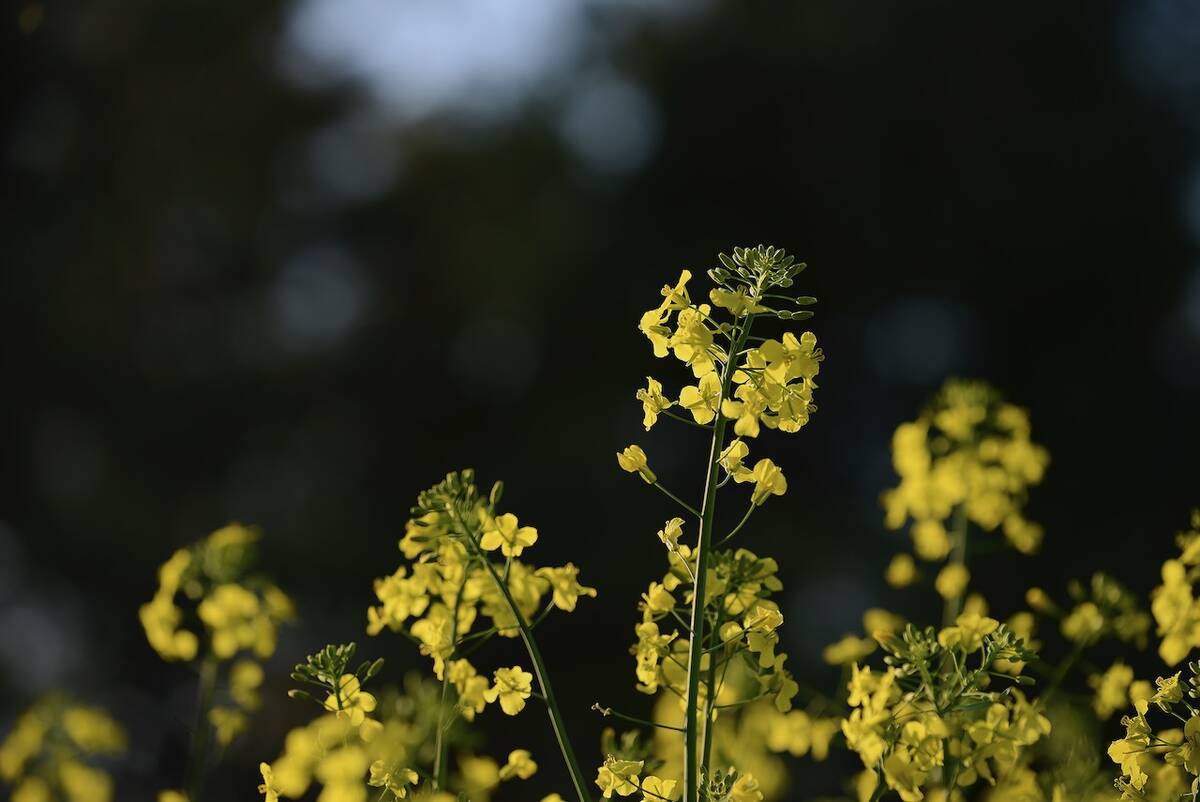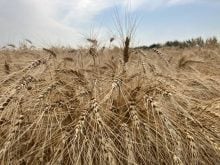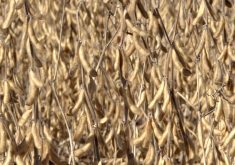Updated: Adds Canadian commentary
Beijing | Reuters — China on Friday prolonged its probe into Canadian canola imports, buying six more months for negotiations that could ease a year-long trade dispute sparked by Ottawa’s tariffs on Chinese electric vehicles.
The Ministry of Commerce said the anti-dumping probe would now run until March 9, 2026, citing the complexity of the case, a statement showed.
Beijing, the world’s largest importer of canola, imposed preliminary duties of 75.8 per cent on Canadian canola seed imports in August. A final ruling could result in a different rate, or overturn the decision.
Read Also

U.S. grains: Soybean futures hit one-month high on U.S.-China trade hopes
Chicago Board of Trade soybean futures hit their highest level in a month on Monday on renewed optimism over U.S.-China trade talks after U.S. President Donald Trump said he believed Beijing would agree to a soybean trade deal and will buy U.S. soy again.
“The extension buys some time for both sides to seek a negotiated solution,” said Even Rogers Pay, an analyst at Beijing-based Trivium China who specialises in agriculture.
“Ultimately, the best case scenario for Beijing would be to strike a deal in which it drops the investigation and Canada lifts tariffs on Chinese vehicles and metals. But given the complexities involved as Canada tries to keep its U.S. trade relationship stable, that will be easier said than done.”
Canada, the world’s largest exporter of canola, shipped almost C$5 billion of canola products to China in 2024, about 80 per cent of which was seed. The steep duties on canola seed, if they remain in place, would likely all but end those imports.
China, which relies on Canada for nearly all of its canola seed supplies, also imposed tariffs on canola oil and meal in March. Canada, in turn, has imposed tariffs on Chinese steel and aluminum.
Ottawa has grown increasingly anxious about losing a key customer, especially as China appears to be pivoting towards Australian supplies.
On Wednesday, Prime Minister Mark Carney said he and other senior officials would work to resolve the canola dispute.
Carney’s Parliamentary Secretary, Kody Blois, and Saskatchewan Premier Scott Moe are heading to China from Sept. 6-9 to meet with Chinese officials and discuss trade issues, including China’s duties and tariffs on Canadian canola.
Saskatchewan is the Prairie province that produces about half of Canada’s canola, the majority of which is exported.
In July, Reuters reported that Canberra is close to an agreement with Beijing that would allow Australian suppliers to ship five trial canola cargoes to China.
The following month, Chinese state-run trading firm COFCO booked the first new-crop Australian canola, marking China’s first imports from Australia since 2020.
The Winnipeg ICE canola futures market initially rose on Friday after the China news broke, but a trader said some market participants might have been misinterpreting the headline as meaning China had suspended its duties, rather than extending the preliminary duties until March.
“There might have been some confusion about that,” said RBC Dominion Securities trader Mitch Summers about the early C$10 per tonne surge, which soon subsided to a more modest early session gain.
“The news kind of dampens bullish expectations for farmers this fall,” said Summers.
Canada’s canola industry has been hoping for an early resolution to the canola duties and tariffs.
(Reporting by Ethan Wang and Ryan Woo; additional reporting by Ed White; Editing by Kevin Liffey, Sharon Singleton, Alexandra Hudson)
















